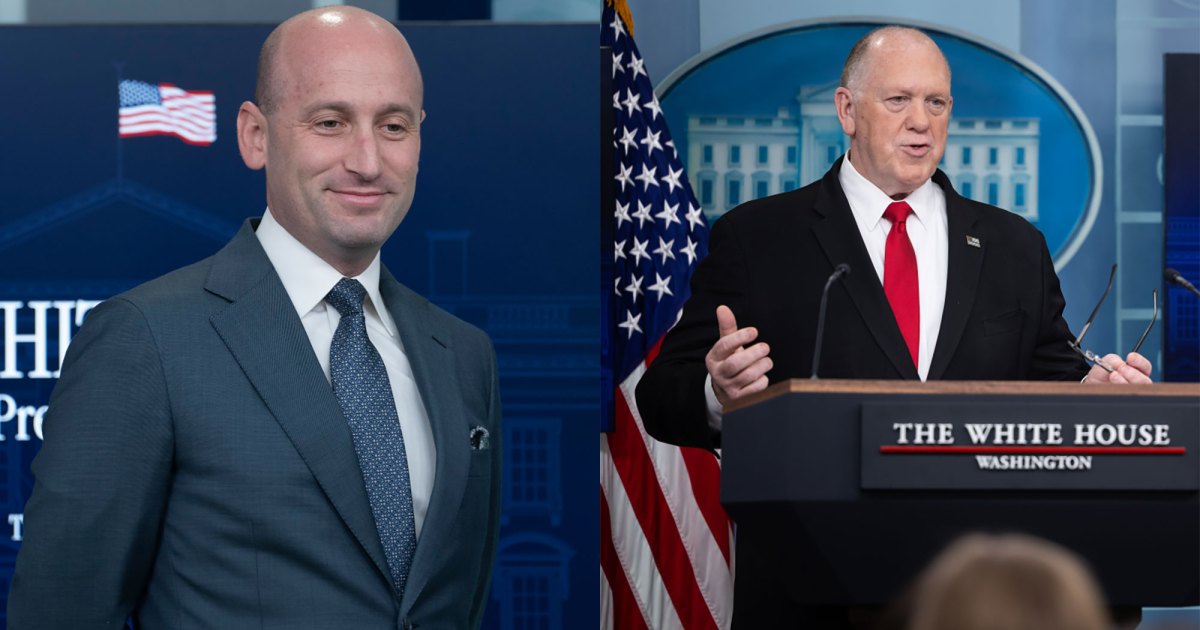The immigrant families separated at the US-Mexico border during Trump’s first administration have gotten some bad news: Essentially, Trump’s second administration is taking away their lawyers and giving them new ones.
The new ones work for the government.
Put another way, the Trump administration, which has the power to deny immigrants’ applications to stay in the United States, will also be helping them fill out those applications. And if that sounds like a conflict of interest, that’s because it is.
Let’s backtrack a bit: In 2018, the ACLU filed a class-action lawsuit against the first Trump administration for illegally separating thousands of immigrant children from their parents at the border, with no tracking process or records that would allow them to be reunited. The case dragged on after Trump lost his bid for reelection, and the Biden administration reached a settlement with the ACLU in 2023. The settlement gave separated families a path to obtain asylum in the United States, and it guaranteed them legal assistance as they worked through the complicated immigration system.
Until recently, such legal assistance was offered through Acacia, a nonprofit that specializes in immigrant legal defense. But in April, Trump’s Justice Department told Acacia it would not renew its contract, which ended this week, according to a report by the California Newsroom collaboration. The Justice Department told the court overseeing the ACLU lawsuit that its Executive Office for Immigration Review would provide the legal services instead. This will “maximize efficiency,” the department’s lawyers claimed.
But efficiency for whom? Experts interviewed by the California Newsroom worried that the change in representation would make it easier for Trump to deport the families and separate them all over again. “The government hasn’t shown them that they have their interests in mind,” said Sara Van Hofwegen, who manages legal programs at Acacia.
“It is about as extreme a conflict of interest as you can imagine for the party that is adjudicating matters to provide legal advice,” added David Super, a law professor at Georgetown University.
According to Super, immigrants separated from their families under the first Trump administration—and who no doubt are aware of its current effort to deport as many migrants as possible—would likely be afraid to divulge sensitive information to their new government attorneys. There’s also a risk the government might “trick people into sharing information that might seem to weaken their case,” he added, or that it will take information out of context—falsely claiming, for example, that an immigrant is part of a dangerous gang simply because he has tattoos.
In short, if the Justice Department takes over legal representation for the families, Super said, “it opens “the door wide for them [to get] more information they can distort.”
The ACLU is pushing back against the new arrangement, but it’s unclear whether US District Court Judge Dana Sabraw will sympathize. At a hearing this week, Sabraw said the ACLU had not proved that any harm had already taken place. Its lawyers, he said, could seek relief on a case-by-case basis if they were able to show that the families were missing important legal deadlines because they were not getting appropriate legal assistance.
The next hearing in the case is set for May 15.















